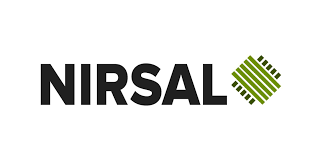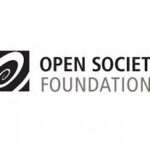The Nigeria Incentive-based Risk Sharing System for Agriculture Lending (NIRSAL) has announced a significant initiative aimed at improving access to funding and enhancing the capabilities of over 100,000 professional farmers across Nigeria. This effort is designed to maximize productivity and promote sustainable agricultural development, in line with the federal government’s food security goals.
Ibrahim Suleiman, NIRSAL’s Head of Value Chain Capacity Development, shared this information during a press briefing in Owerri, the capital of Imo State. He underscored NIRSAL’s dedication to optimizing Agro Geo-Cooperatives, a model that supports the federal government’s food security agenda.
Suleiman stated, “Through the Technical Assistance pillar of its mandate, NIRSAL is set to train over 100,000 fish, cassava, and rice farmers nationwide this year on optimizing Agro Geo-Cooperatives to back the federal government’s food security strategy.”
Additionally, Jude Nnadozie, NIRSAL’s Head of Corporate Communications, highlighted the organization’s strategies aimed at boosting food production through manpower and human capital development. He reaffirmed NIRSAL’s commitment to supporting agribusiness in Nigeria and aiding agricultural value chain actors.
Nnadozie mentioned, “In alignment with our mandate to de-risk agriculture and support agribusiness in Nigeria, NIRSAL has completed a midyear capacity development program for agricultural value chain actors, specifically lead farmers and extension agents in the Aquaculture and Cassava value chains across the nation.”
The training program, which engaged over 2,000 participants, is projected to impact an additional 40,000 farmers through a subsequent phase. This initiative focuses on educating participants about NIRSAL’s value chain solutions, particularly the Agro Geo-Cooperative® (AGC) model. This model clusters smallholder farmers from the same regions into financeable groups with structured governance, enhancing their ability to access finance, inputs, mechanization services, and secure markets, while optimizing their harvests and production.
In Imo State, where the training was held, 250 participants attended on the first day in Owerri, with more than 350 attending on the second day at the Umuofuga Umuhu Okwuato Multipurpose Hall in Aboh-Mbaise. The training concentrated on efficient models for fish production.
Hon. Uche Agabiga, Chairman of the Imo State House of Assembly Committee on Agriculture, commended NIRSAL for including Imo State in this capacity-building initiative. He expressed confidence that the program would enhance local efforts to increase agricultural productivity in the state.








